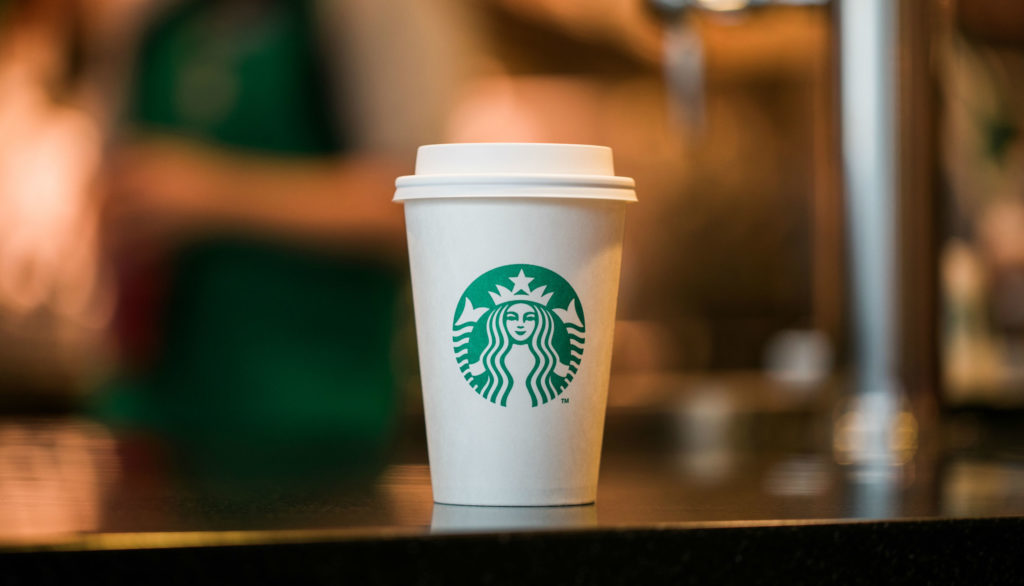by Joseph V. Amato, President and Chief Investment Officer—Equities, Neuberger Berman
When the shares of a modest bricks-and-mortar videogame retailer start the year at $19 and hit $470 before the end of January, you know something strange is going on.
That’s the extraordinary story of GameStop over the past month.
Snowball Effect
Speculative single-stock and option trading by retail investors has been a peculiar feature of markets during the coronavirus crisis. Last week, it reached new levels of frenzy. Retail investors appear to have been identifying unloved stocks, often long-term targets of hedge fund short sellers, and then buying the stocks and call options and shouting about it on social media.
This has set off an incredible snowball effect. The writers of the call options buy the underlying stock that they are obliged to deliver should the option be exercised, which pushes up the price, which squeezes the short sellers, which forces them to buy the stock, too, to cover their shorts. Before you know it, your local video game retailer has a market cap north of $30 billion and was briefly the largest stock in the Russell 2000 index.
Lottery Tickets
To some, this may look like a good old-fashioned short squeeze. But we think the story reflects a number of new factors.
These stock and option plays look like get-rich-quick lottery tickets, and social media is spreading the word. Relaxation of brokerage rules has given day traders easier access to these markets. Low commission rates, enormous liquidity provided by the Federal Reserve, an army of quarantined people sitting at home, many on a pile of savings augmented by fiscal-stimulus checks—it all adds up to an extraordinary situation.
One thing it does not seem to reflect, in our view, is any kind of fundamental economic or business reality. Some of the numbers are remarkable. Reports indicate that single-stock option trading has been smashing single-day volume records during January. The market’s put-to-call ratio, a measure of how many option traders are betting on higher versus lower prices, is near a 20-year record.
But does this necessarily pose a threat to other investors, or create systemic risks?
Fundamentals
While at times investors and markets lose sight of fundamentals, in the long run, we believe they are the only thing that matters.
In the near term, we are watching closely as this speculative frenzy forces some hedge funds to unwind their positions. In past cycles, the unwinding of leveraged positions has led to significant short-term volatility. There certainly exists a frothiness to this market that we are concerned about, and, based on our view of the fundamentals, we prefer some of the less expensive, cyclical and value-oriented parts of the market.
Ultimately, however, we do think that this year has the potential to be a solid one for equities. Unlike these option-fueled stocks, valuations in general are underpinned by improving fundamentals.
Already in the current earnings season, nine out of 10 S&P 500 companies have beaten their consensus expectations. Companies have also started buying back stock. Interest rates are near zero and central banks are likely to remain accommodative.
Leading indicators such as Purchasing Managers’ Indices point to firmer business confidence. Last week, in its latest World Economic Outlook, the International Monetary Fund raised its forecast for global GDP growth to 5.5%, and its U.S. forecast by a full two percentage points, to 5.0%.
This, in our view, reflects justified optimism. A large U.S. stimulus package looks set to be agreed upon within the next two months and the coronavirus vaccine program, while sometimes sloppy and likely subject to further obstacles, suggests that we could potentially achieve “herd immunity” by the summer and reopen economies more fully in the second half of the year.
When the GameStop game stops, we believe it will be a sign that we have returned to our normal lives of producing, consuming and investing, and put the gambling aside.
Copyright © Neuberger Berman














